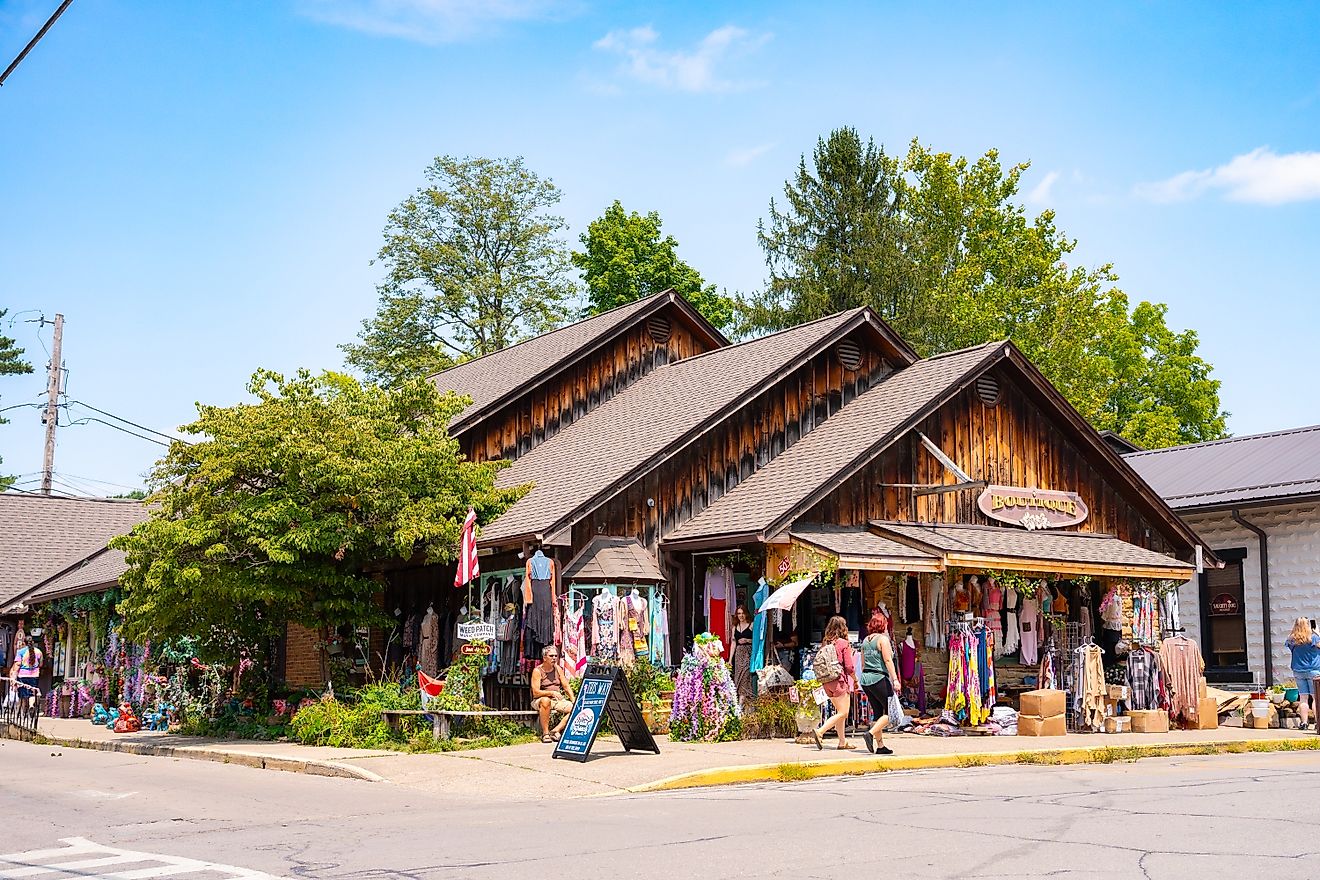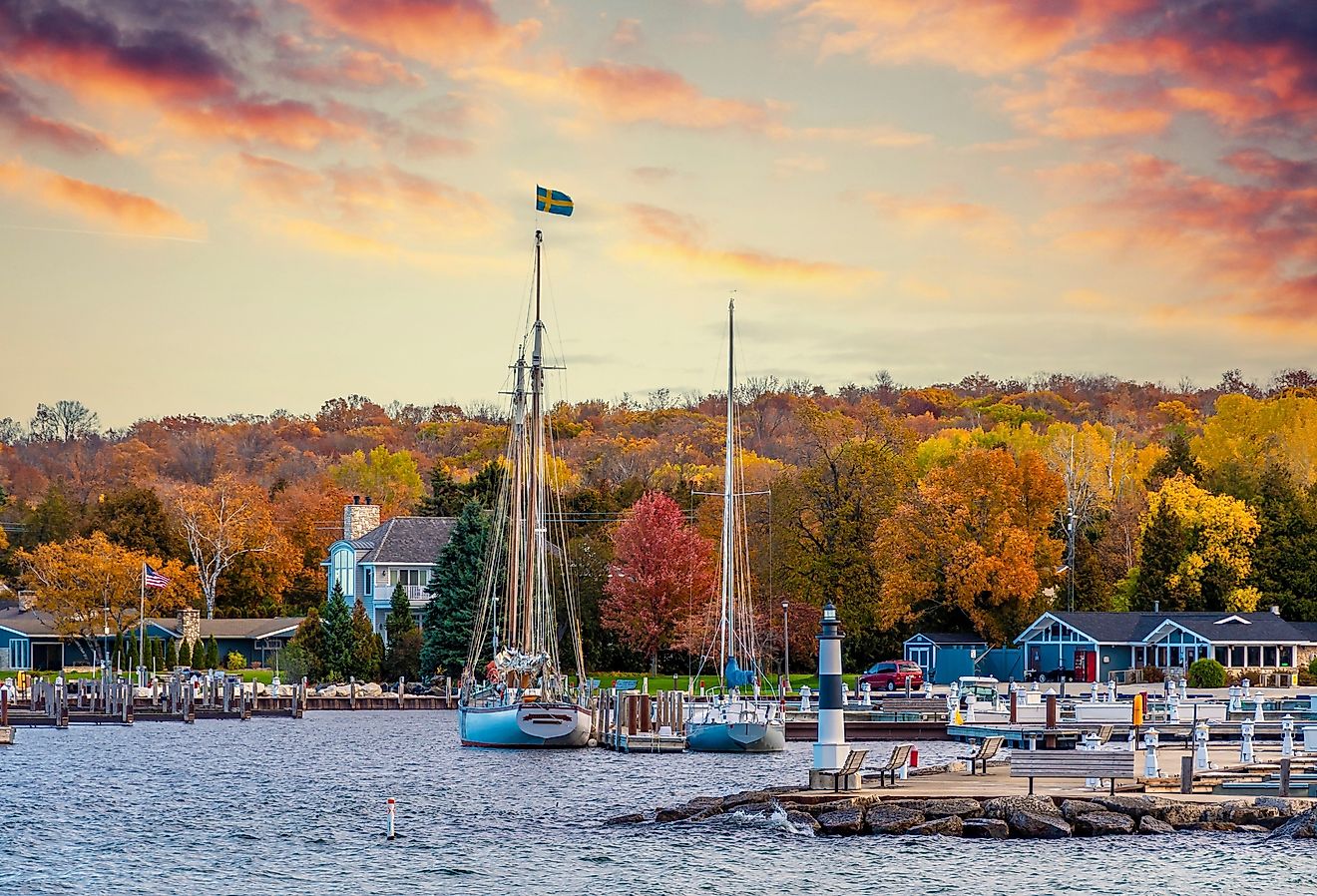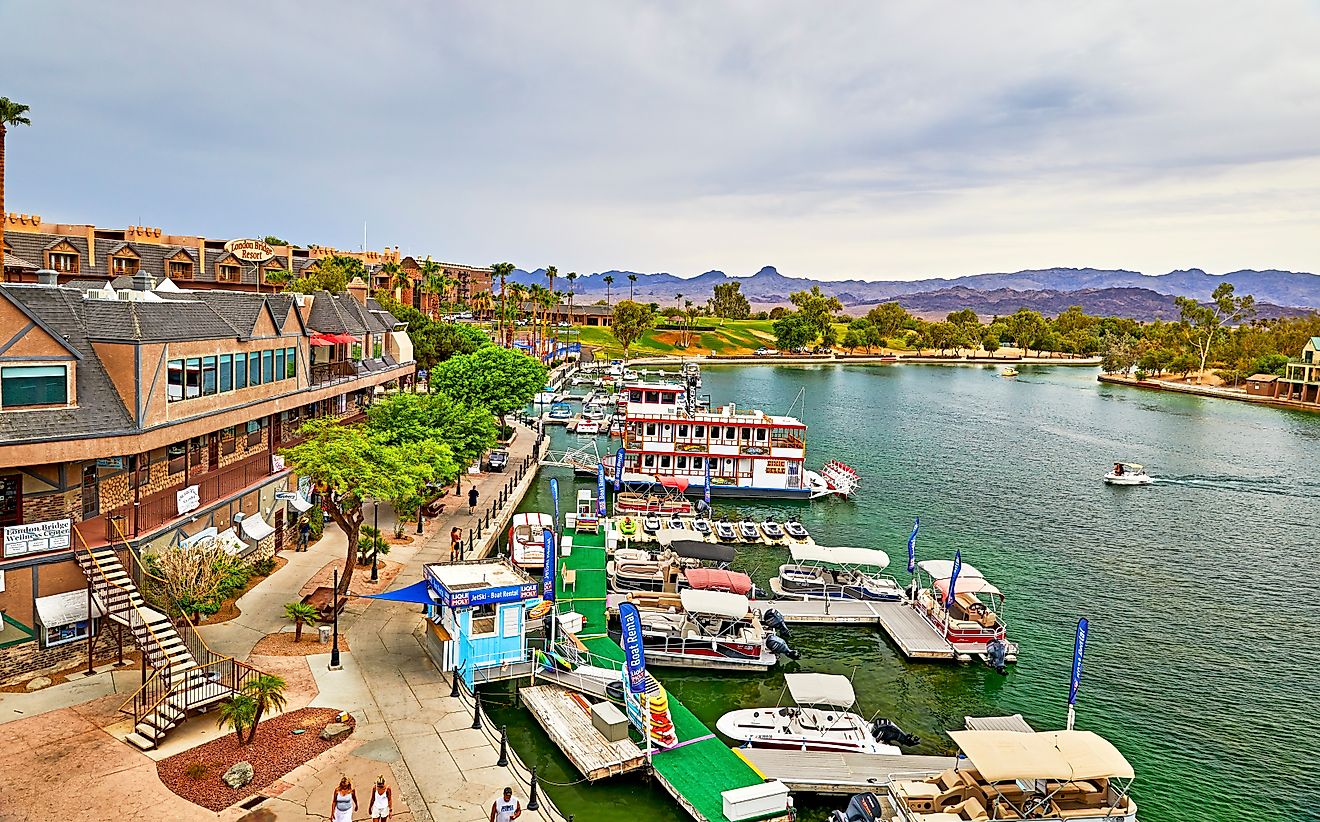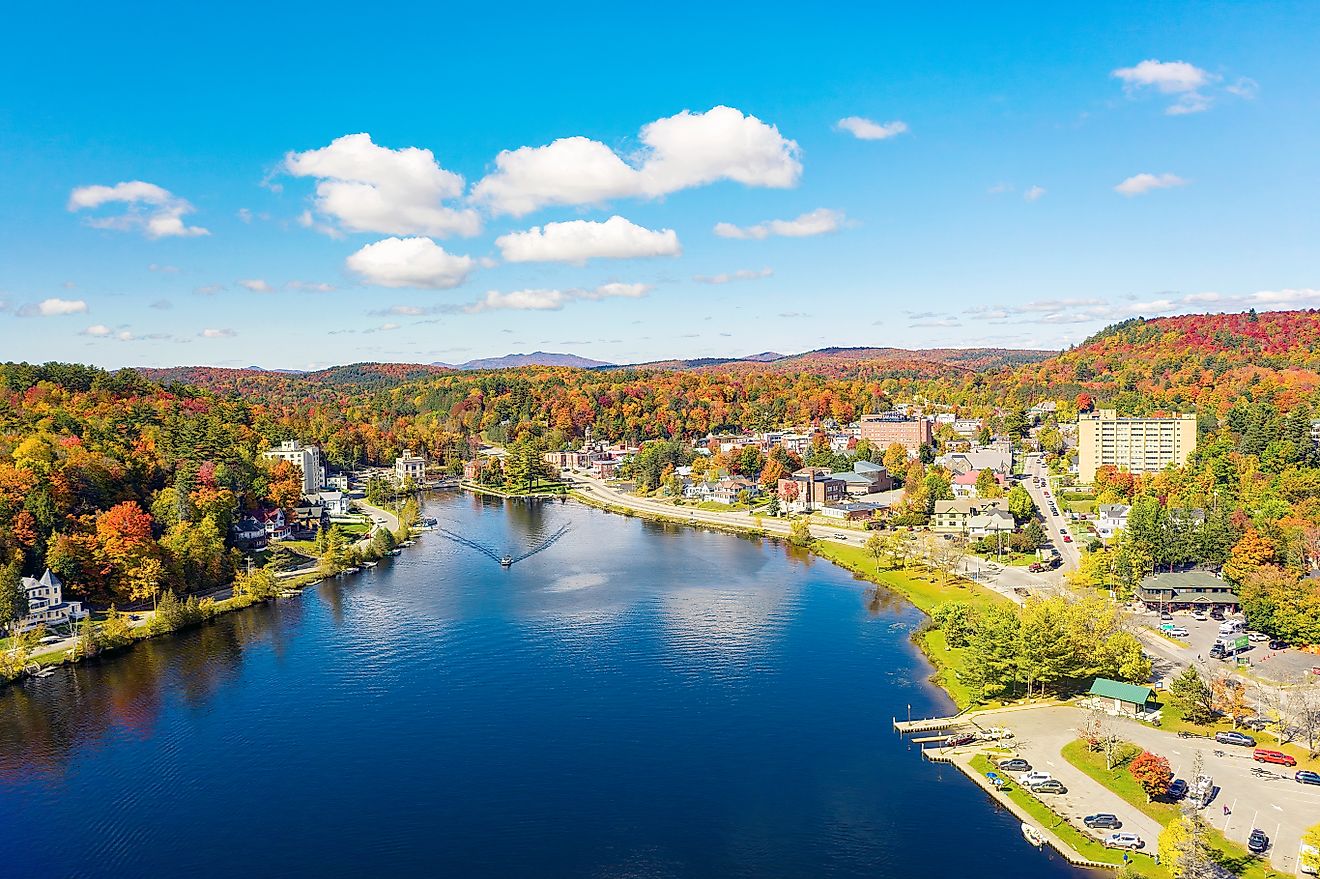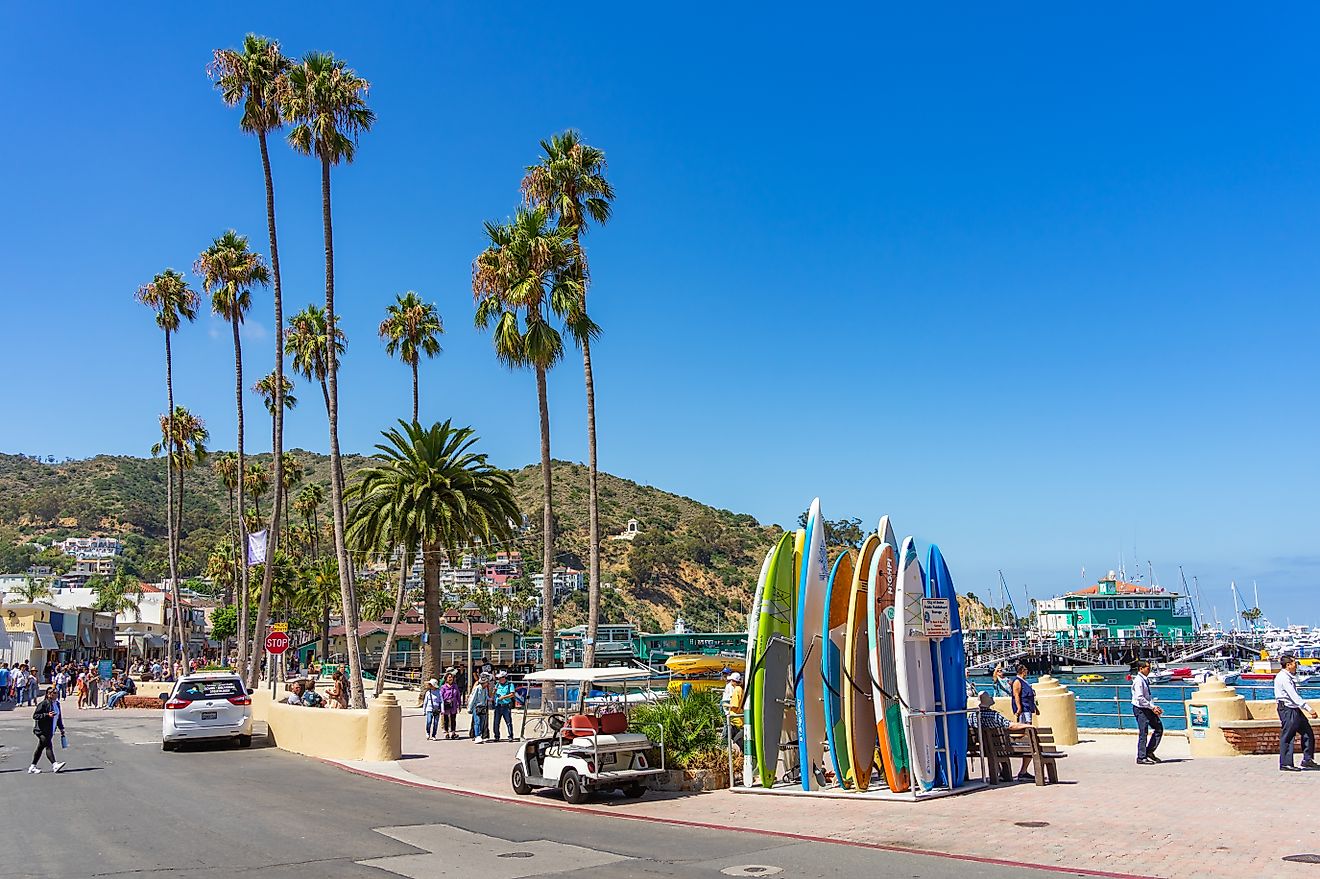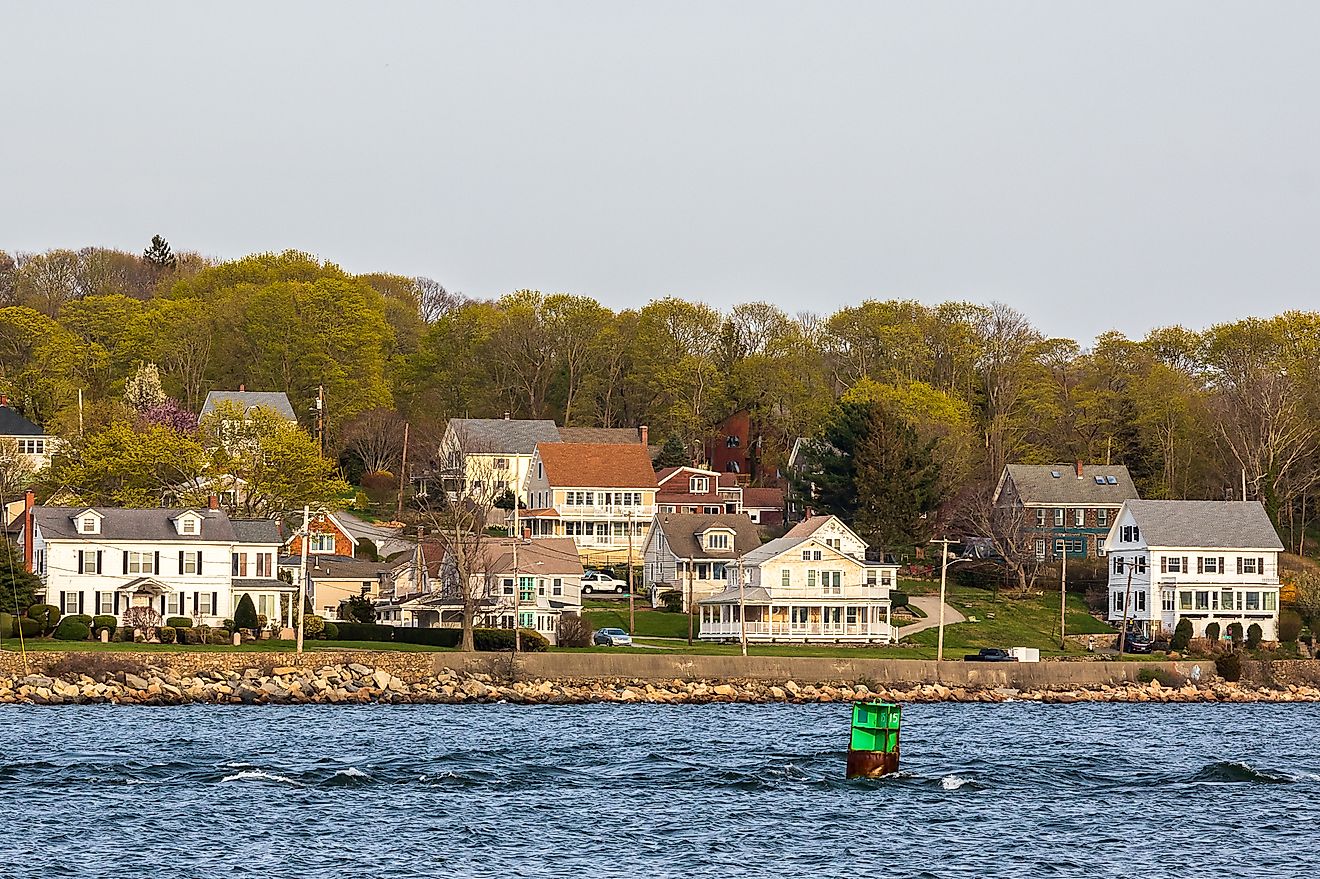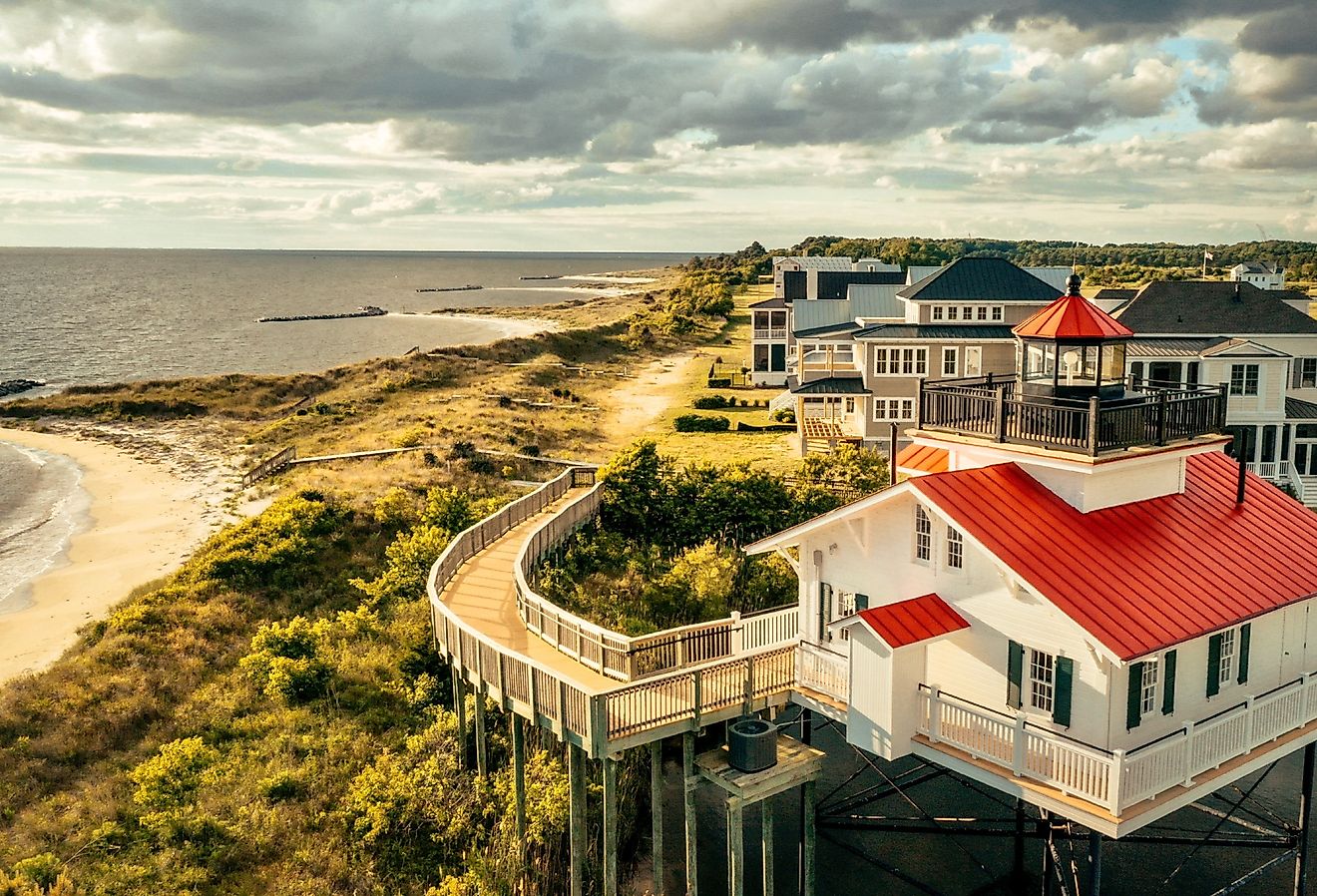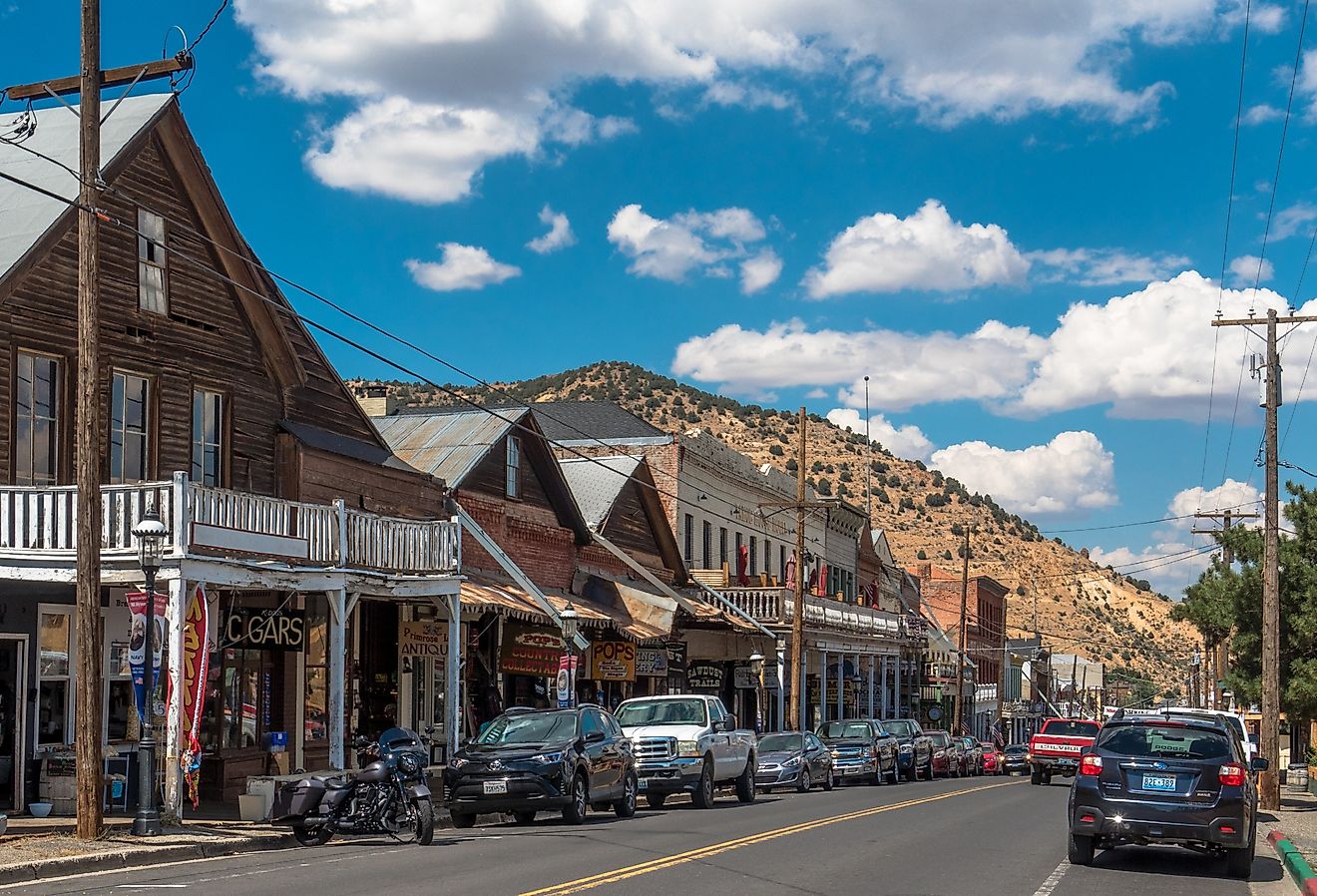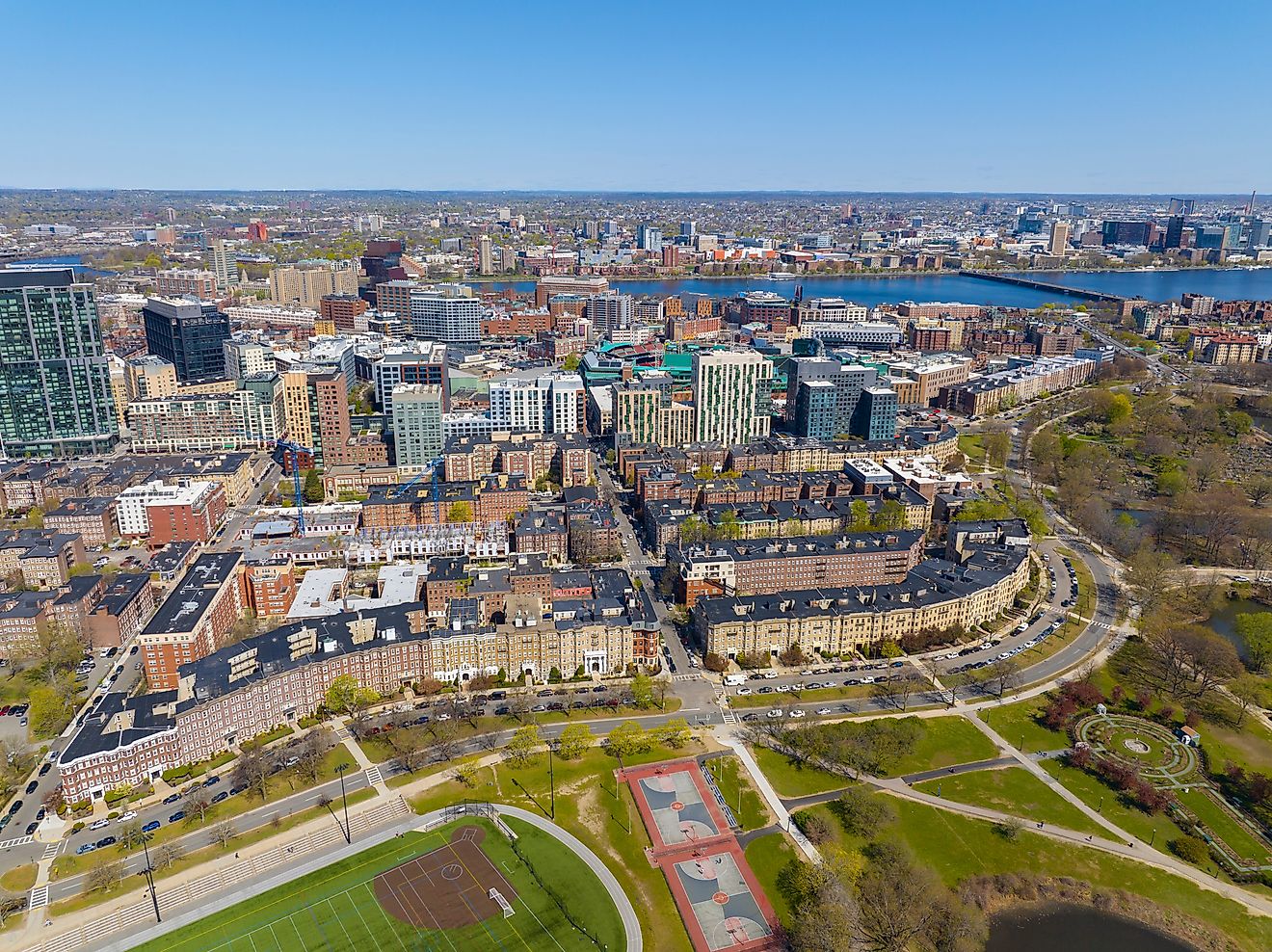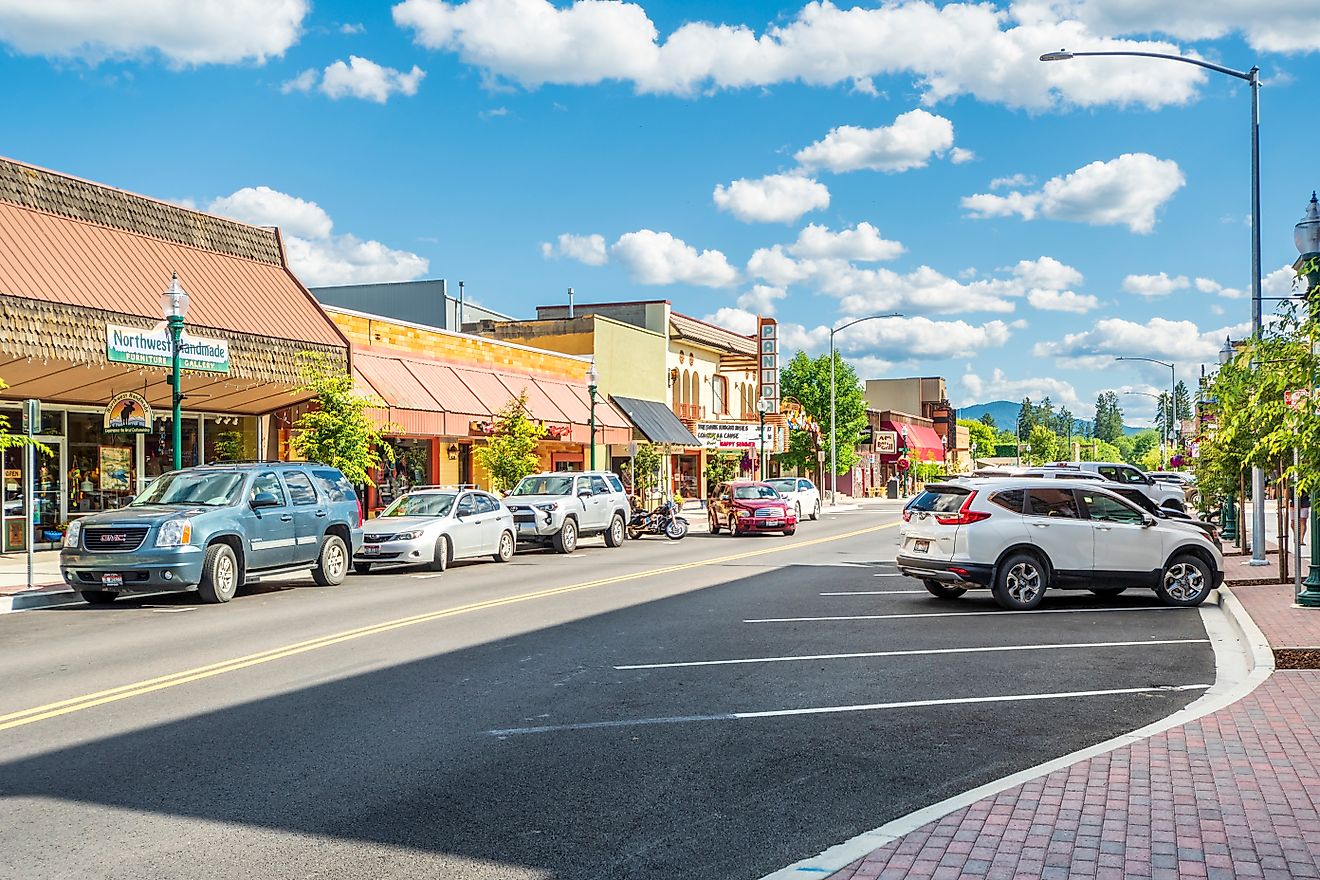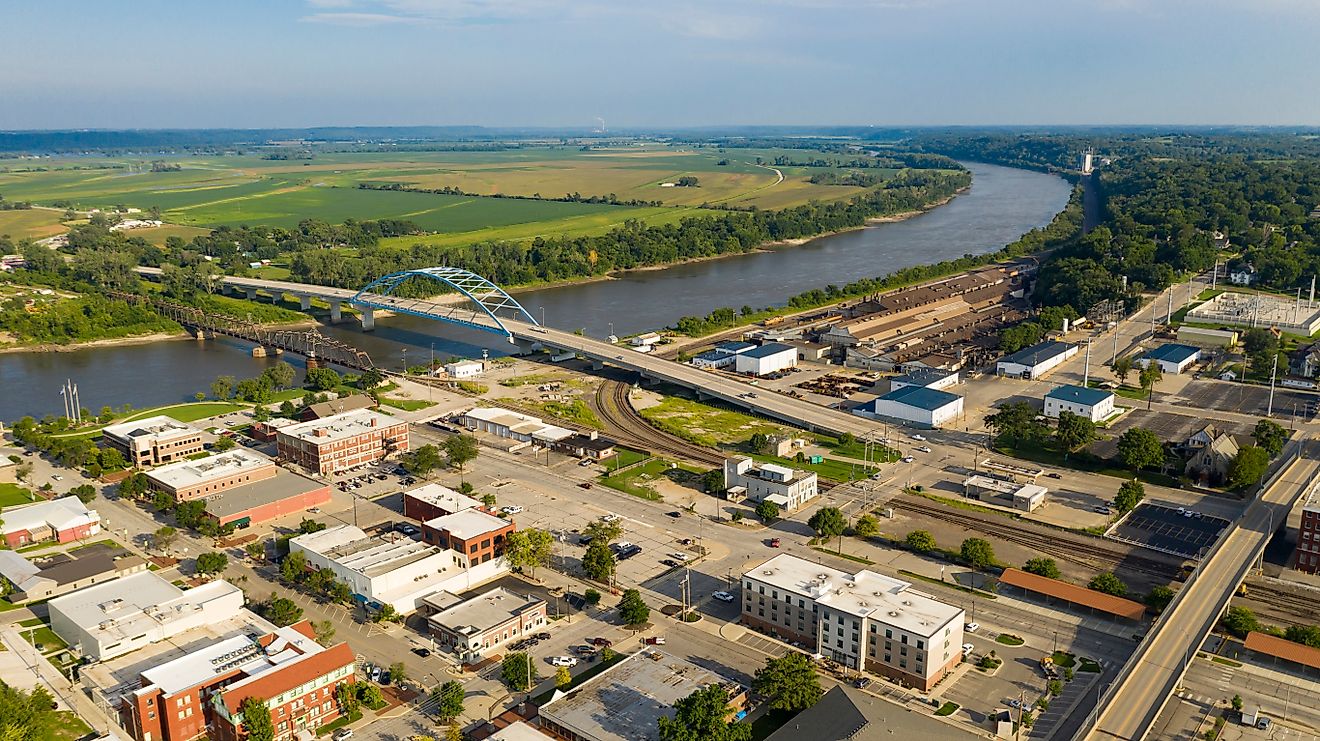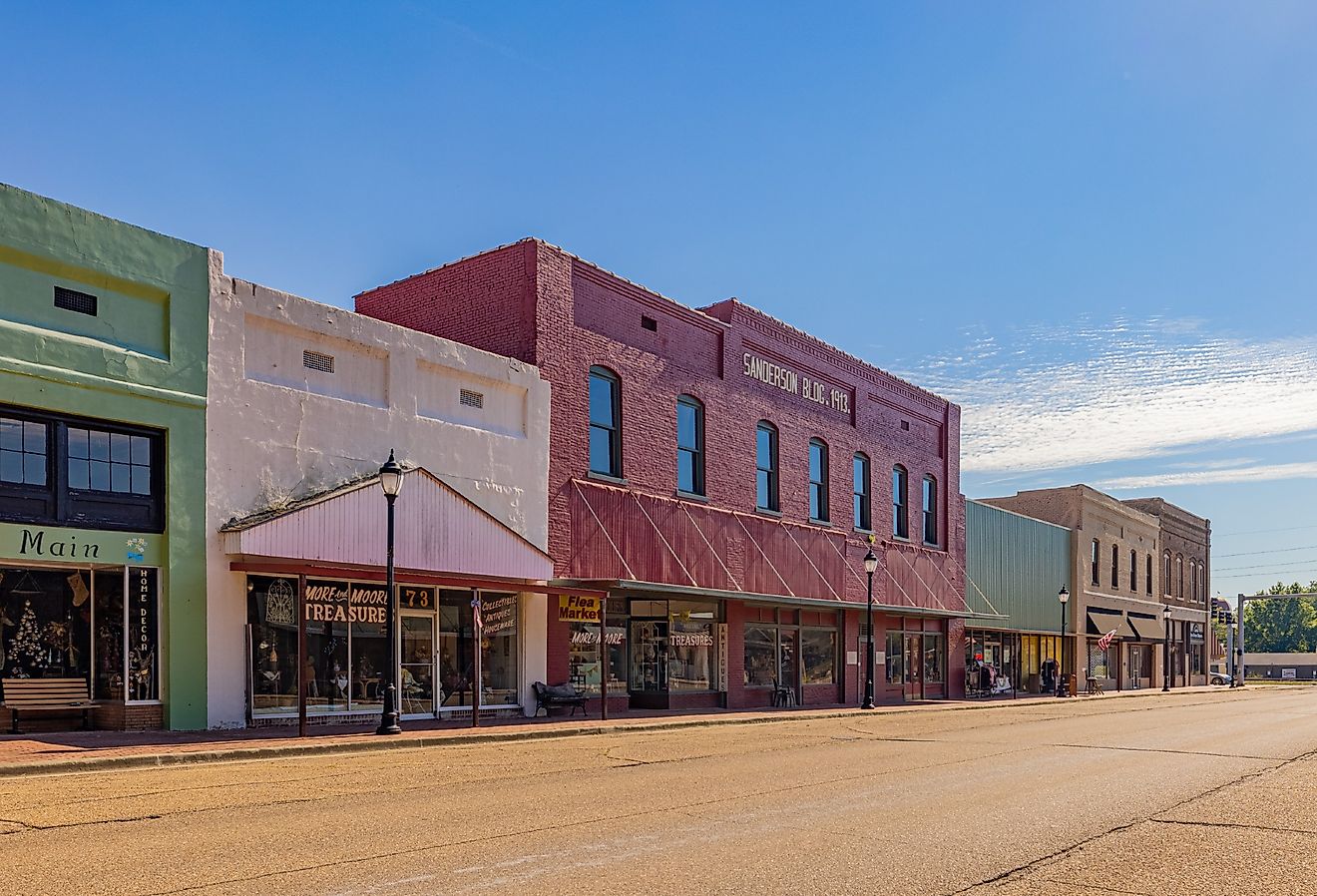
Casper, Wyoming
Nicknamed "The Oil City," Casper is a big city situated in Natrona County in the central portion of the US State of Wyoming. With a population of 59,038 inhabitants, Casper is Wyoming's second-largest city by populace. Best known for its rugged American Midwest feel, Casper is perched on the Casper Arch and lower saddle of the Rocky Mountains, which houses the Casper Mountain. Aside from breathtaking scenery that magnetizes many to Casper, there is a wide array of sights to take up over four seasons. From attractions like the National Historic Trails Interpretive Center to discover the life of the pioneers, a walk along the North Platte River, or spending a day of family fun at Tate Geological Museum, there is no shortage of entertainment. There's a little of something for everyone in Casper, Wyoming!
Geography And Climate Of Casper

Situated in Natrona County, Casper is dissected north and south by the North Platte River. To the north of Casper is Soda Lake, a unique alkaline lake. Casper Mountain, which contains the Garden Creek Waterfall and the Hogadon Basin ski area, makes up the skyline to the south. With central proximity in Wyoming, Casper is close to several significant cities. These include Gillette, 105 miles north; Rock Springs, 230 miles west; Sheridan, about 150 miles north; and the capital, Cheyenne, 175 miles south. As for day trips: Devil's Tower National Monument is 190 miles northeast, the Killpecker Sand Dunes are 250 miles west, and the Big Horn Mountains are about 120 miles north. Casper covers a total area of 69.62 sq. km, of which 68.76 sq. km is occupied by land, and 0.86 sq. km is covered by water.
According to the Köppen Climate Classification, Casper has a semi-arid climate. It experiences warm and sunny summers and cold and windy winters. The average annual temperature is 44.8 °F. July is the warmest month that sees a high of 88.2 °F, and January is the coldest month that sees a low of 15.4 °F. Of the 79.2 days that produce precipitation, there is an annual rainfall of 13 inches and snowfall of 70.3 inches. On average, 220 days of sunshine comprise a median UV index of 4.9.
History Of Casper

The mid-19th century saw an influx of migrants crossing north and south on the North Platte River from the California, Oregon, and Mormon Trail. Incidentally, the North Platte River was also a major transportation route used by steamboats. As a result of the traffic, a bridge and trading post was established in the area. However, following the Sand Creek Massacre of 1864 in nearby Colorado, an increasing number of troops were stationed at the garrison known as the Platte Bridge Station. Although, the additional manpower did not deter Cheyenne and Lakota Indian attacks, with Lieutenant Caspar Collins being killed. This set forth the motion of renaming the garrison, Fort Casper. And possibly, one of the greatest misspellings in history.
The town of Casper was incorporated in 1887 after the removal of troops who were, instead, stationed at Fort Fetterman. As development commenced, the intent was for Casper to be a stop on the Wyoming Central Railway. Coincidentally, Casper received a trailhead on the railroad, which also made it the meeting point for the invaders. These men arrived in Casper by train and then proceeded to Johnson County by horseback. Further, this became known as the event of the Johnson County War. As of the present, in film and pop culture, these killings are often used as the inspiration in westerns.
The Population And Economy Of Casper

As per the latest US Census, Casper has a population of 59,038 residents. Expanding over 69.62 sq. km, there is a population density of 842.55 people per sq. km. Casper has a median household income of $79,221, with 10.54% of the population living below the poverty line. As for the cultural or racial background: 94.20% were identified as white, 2.48% were two or more races, 1.33% were African American, 1.26% were Native American, 0.39% were of another race, and 0.35% were Asian.
The unemployment rate in Casper for July 2022 was 3.7%. Of the 30,700 people employed, 4,647 worked in healthcare and social assistance, 3,771 worked in retail trade, and 3,039 worked in accommodations and food services. The top-earning jobs come from mining, quarrying, and oil and gas extraction, which made $68,750; wholesale trade made $67,577; and agriculture, forestry, fishing, hunting, and mining made $62,235.
Attractions In And Around Casper
National Historic Trails Interpretive Center

One can visit and browse the exhibits at the National Historic Trails Interpretive Center. The highlights include taking a wagon ride, pushing a virtual handcart, and sitting in a stagecoach, among many activities. Exhibits are focused on the western culture and include the Way of the People, Mormon Trail, Pony Express Trail, California Trail, Oregon Trail, and an Epilogue of the Trails today.
Hogadon Basin Ski Area

Wyoming offers summer and winter outdoor recreation throughout the year. In the summer, many enjoy partaking in mountain biking. And as the seasons' change and the snow accumulates, it becomes a full fledge ski hill. The top elevation is 8,000 ft, with various trails ranging from easy to black diamond. But do not forget to take part in some apres ski at Scramble Food Court or Slalom Sam's Bar.
Garden Creek Waterfall
Casper’s best-kept secret is the Garden Creek Waterfall, which surprised many with its stature. Little known, it is estimated to be 80 feet tall and is an example of a thin multi-tier waterfall. The access to the trail is not for the faint of heart, with areas of steep rocky sections and uneven surfaces. However, those who complete the trek will be rewarded with scenic views of Casper Mountain and Garden Creek Falls.
Casper has risen to notoriety in Wyoming and the Midwest for its cowboy culture and oil discovery, making it a boomtown. Although the first discoveries of oil were known before the 1880s, the Salt Creek Refinery in Casper began operation in 1895. Impressively, it was once responsible for 20% of all oil production from within the Rocky Mountains. As of present, this rich culture and heritage are emphasized through parks, arts, and culture, and some museums that preserve the local history for future generations.
